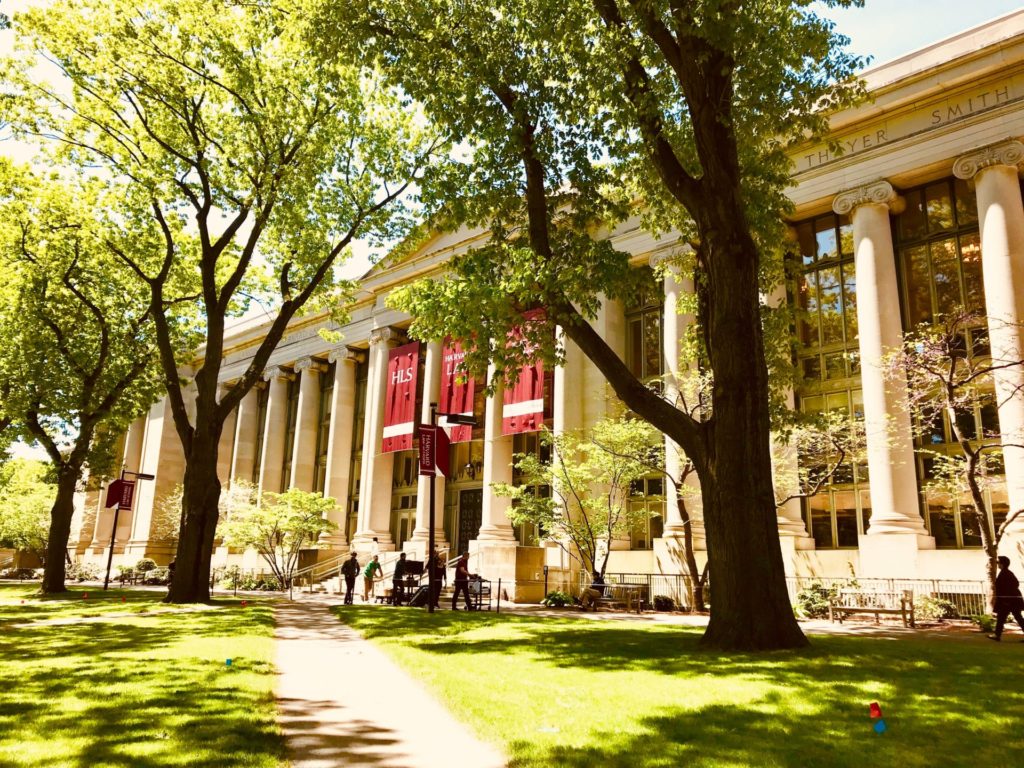The Flemish Government has announced that it will put aside €2 million every year for scholarships for students in the region who have been accepted into renowned universities abroad.
For most people, simply gaining a place at high-ranking universities like Yale, Oxford, or Harvard would be unlikely. But when the high fees and living costs are factored in – often totalling hundreds of thousands of euros – this opportunity becomes nigh-on impossible.
This is why, as of the 2022-2023 academic year, the region is launching a two-year scholarship programme that will help support the "very best students" –between 20 or 30 per year depending on the costs that the scholarship will cover.
"This a good policy because studying at such top universities strengthens students considerably and it will mark them out on the labour market," Herman Van Goethem, dean at the University of Antwerp, told Radio 1.
Related News
- Student club suspended following 'sexy strip act' by new students
- Some 800,000 persons took part in Erasmus+ Programme in 2017
- More young people drawn to healthcare degrees amid acute staff shortages
The scholarship will be selective and comes with strict requirements. A student must first apply for and be accepted by the university independently and must have a master's degree with "excellent grades" from a Flemish university.
But good grades alone won't secure a grant as students must also write an extended essay about their "leadership potential." Finally, they must fill out the grant application form "correctly and on time in excellent Dutch."
Part of foreign policy
The programme will cover students from a wide range of disciplines, from sciences to humanities. The amount of money awarded to students will depend on the course they apply for, the location (a list of eligible universities is still being drawn up), and other related costs such as transport and accommodation.
"It is important to make sure that the system is democratic: we must decide whether the grant should be dependent on the income of parents and how the government can ensure that it is available to the most talented students at all levels of the population," Van Goethem asserted, suggesting that a system should be put in place to safeguard the democratic nature of the programme.
The scholarship programme had already been agreed upon in early July and will be introduced at the request of Flemish Minister-President Jan Jambon.
According to Jambon's government, this will be an extra instrument of foreign policy, as it will eventually lead to an "international network of top Flemish students at the best universities in the world," VRT News reported.
Van Goethem highlighted the benefits of the government is focussing on the very best students as well as trying to democratise education and higher education: "top programmes are really useful – they offer chances and opportunities and this opens up avenues for people who would otherwise not be able to take them."

